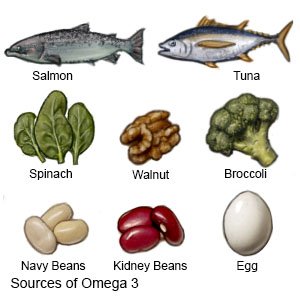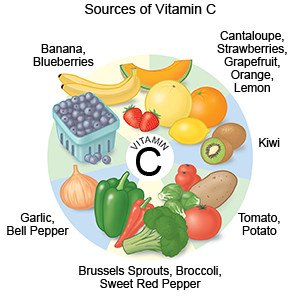Mediterranean Diet
Medically reviewed by Drugs.com. Last updated on Aug 4, 2025.
What is a Mediterranean diet?
A Mediterranean diet is a meal plan that includes foods that are commonly eaten in countries that border the Mediterranean Sea. This meal plan may provide several health benefits. These include losing or maintaining weight, and decreasing blood pressure, blood sugar, and cholesterol levels. It may also help protect against certain health conditions such as heart disease, cancer, type 2 diabetes, and Alzheimer disease. Work with a dietitian to develop a meal plan that is right for you.
What foods are included in the Mediterranean diet?
- Include fruits and vegetables in each meal. Eat a variety of fresh fruits and vegetables.
- Choose whole grains every day. These foods include whole-grain breads, pastas, and cereals. It also includes brown rice, quinoa, and millet.
- Use unsaturated fats instead of saturated fats. Cook with olive or canola oil. Limit saturated fats, such as butter, margarine, and shortening. Saturated fat is an unhealthy fat that can increase your cholesterol levels.
- Choose plant foods, poultry, and fish as your main sources of protein.
- Eat plant-based foods that provide protein, such as lentils, beans, chickpeas, nuts, and seeds. Choose mostly plant-based foods in place of meat on most days of the week.
- Eat protein foods high in omega-3 fats. Fish high in omega-3 fats include salmon, trout, and tuna. Include these types of fish 1 or 2 times each week. Limit fish high in mercury, such as shark, swordfish, tilefish, and king mackerel. Omega-3 fats are also found in walnuts and flaxseed.

- Choose poultry (chicken or turkey) without skin instead of red meat. Red meat is high in saturated fat. Limit eggs and high-fat meats, such as bacon, sausage, and hot dogs.
- Choose low-fat dairy foods such as nonfat or 1% milk, or low-fat almond, cashew, or soy milk. Other examples include low-fat cheese, yogurt, and cottage cheese.
- Limit sweets. Limit your intake of high-sugar foods, such as soda, desserts, and candy.
- Talk to your healthcare provider about alcohol. Studies have shown that moderate intake of wine may reduce the risk of heart disease. A moderate amount of wine is 1 serving for women and men 65 years and older each day. Two servings is recommended for men 21 to 64 years of age each day. A serving of wine is 5 ounces.
What else do I need to know if I follow the Mediterranean diet?
- Include foods high in iron and vitamin C. Plant-based foods that are high in iron include spinach, beans, tofu, and artichoke. Eat a serving of vitamin C with any iron-rich food to help your body absorb more iron. Examples include oranges, strawberries, cantaloupe, broccoli, and yellow peppers.

- Get regular physical activity. The Mediterranean diet will have the most benefit if you get regular physical activity. Get 30 minutes of physical activity at least 5 days a week. Choose physical activities that increase your heart rate. Examples include walking, hiking, swimming, and riding a bike. Ask your healthcare provider about the best exercise plan for you.

Care Agreement
You have the right to help plan your care. Discuss treatment options with your healthcare provider to decide what care you want to receive. You always have the right to refuse treatment. The above information is an educational aid only. It is not intended as medical advice for individual conditions or treatments. Talk to your doctor, nurse or pharmacist before following any medical regimen to see if it is safe and effective for you.© Copyright Merative 2025 Information is for End User's use only and may not be sold, redistributed or otherwise used for commercial purposes.
Further information
Always consult your healthcare provider to ensure the information displayed on this page applies to your personal circumstances.
